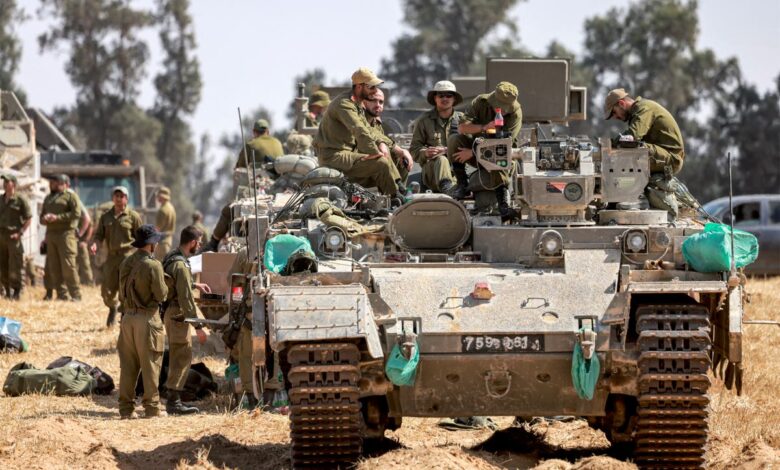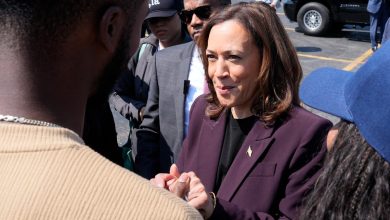Protests in Tel Aviv and squabbling in Israeli war cabinet as potential ceasefire with Hamas nears

A flurry of protests and conflicting high-level information arrived this weekend amid news reports that Israel and Hamas were nearing a ceasefire agreement, a long-sought goal that could end the seven-month conflict that’s cost more than 34,000 lives.
Going into the weekend, news reports quoting anonymous sources close to the ongoing ceasefire negotiations in Egypt suggested a compromise could be coming.
Outlets in Saudi Arabia, Israel, and Palestine suggested that Hamas was close to agreeing on a multi-stage hostage swap deal that would coincide with temporary pauses in fighting, culminating in an enduring ceasefire with US-backed assurances that Israel would withdraw its troops from Gaza.
Hamas, for its part, said a delegation was heading to Cairo for continued talks on Saturday with a “positive spirit” and determination to “secure an agreement in a way that fulfills Palestinians’ demands,” although it also suggested various provisions on the table needed more work to “mature.”
At the same time, a high-level Israeli source told various outlets that the country was preparing its offensive in the southern Gazan city of Rafah regardless of any potential deal, and that the release of hostages wouldn’t become a bargaining chip to end the war.
“Israel will under no circumstances agree to end the war as part of an agreement to free our abductees,” the official said, the Times of Israel reports.
“The IDF will enter Rafah and destroy the remaining Hamas battalions there — whether there is a temporary pause to free our captives or not,” the official added.
Adding a further layer of intrigue, other top Israeli officials suggested this unnamed source did not represent the agreed view of the country’s war cabinet, while media outlets identified the anonymous Israeli source as Israeli prime minister Benjamin Netanyahu.
On Israeli network Channel 12’s primetime broadcast on Saturday, reporter Yaron Avraham said he didn’t want to take part in “this game” and claimed Mr Netanyahu was the one speaking to media outlets.
Meanwhile, war cabinet minister Benny Gantz had his own response for the Israeli source.
“I advise the ‘official sources’ and all other decision-makers to wait for official updates, to act with restraint and not to become hysterical due to political reasons,” he said in a statement, a seeming reference to right-wing political pressure on Netanyahu to hold off on a ceasefire.
The US, for its part, painted Hamas as the main stumbling block in ceasefire negotiations, which have involved Israel, Hamas, Egypt, and Qatar.
“The only thing standing between the people of Gaza and a ceasefire is Hamas,” US secretary of state Antony Blinken said on Friday.
The US would not support an invasion of Rafah, where hundreds of thousands of Palestinians fled when Israel’s war forced them to evacuate from northern Gaza, until it saw more assurances from Israel about avoiding civilian deaths, the top US diplomat added.
As the tit-for-tat was playing out in Middle East media, hundreds gathered in the Israeli city of Tel Aviv for multiple protests calling on Netanyahu and other Israeli leaders to hammer out a ceasefire deal of some kind and bring the remaining hostages home.







